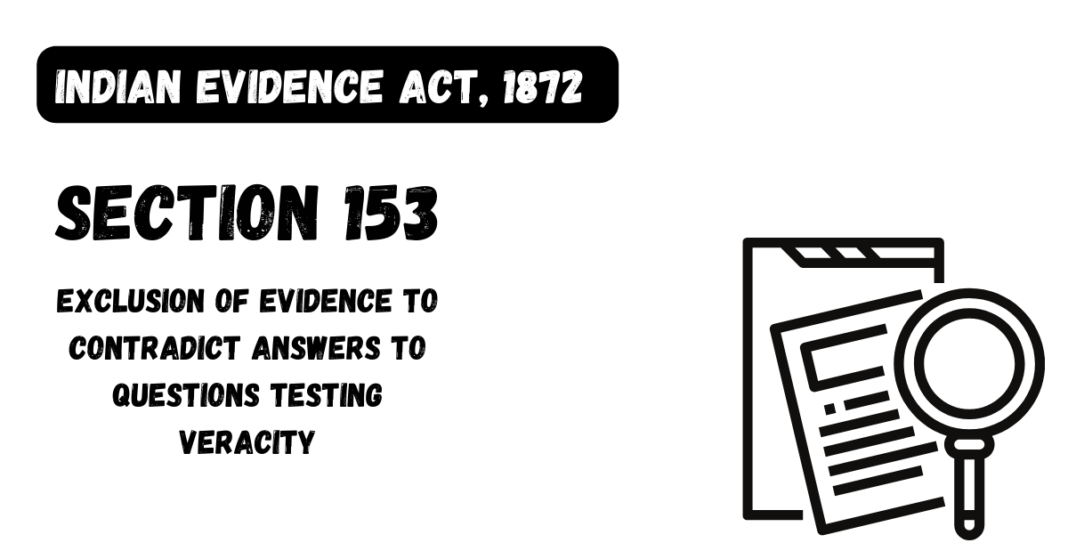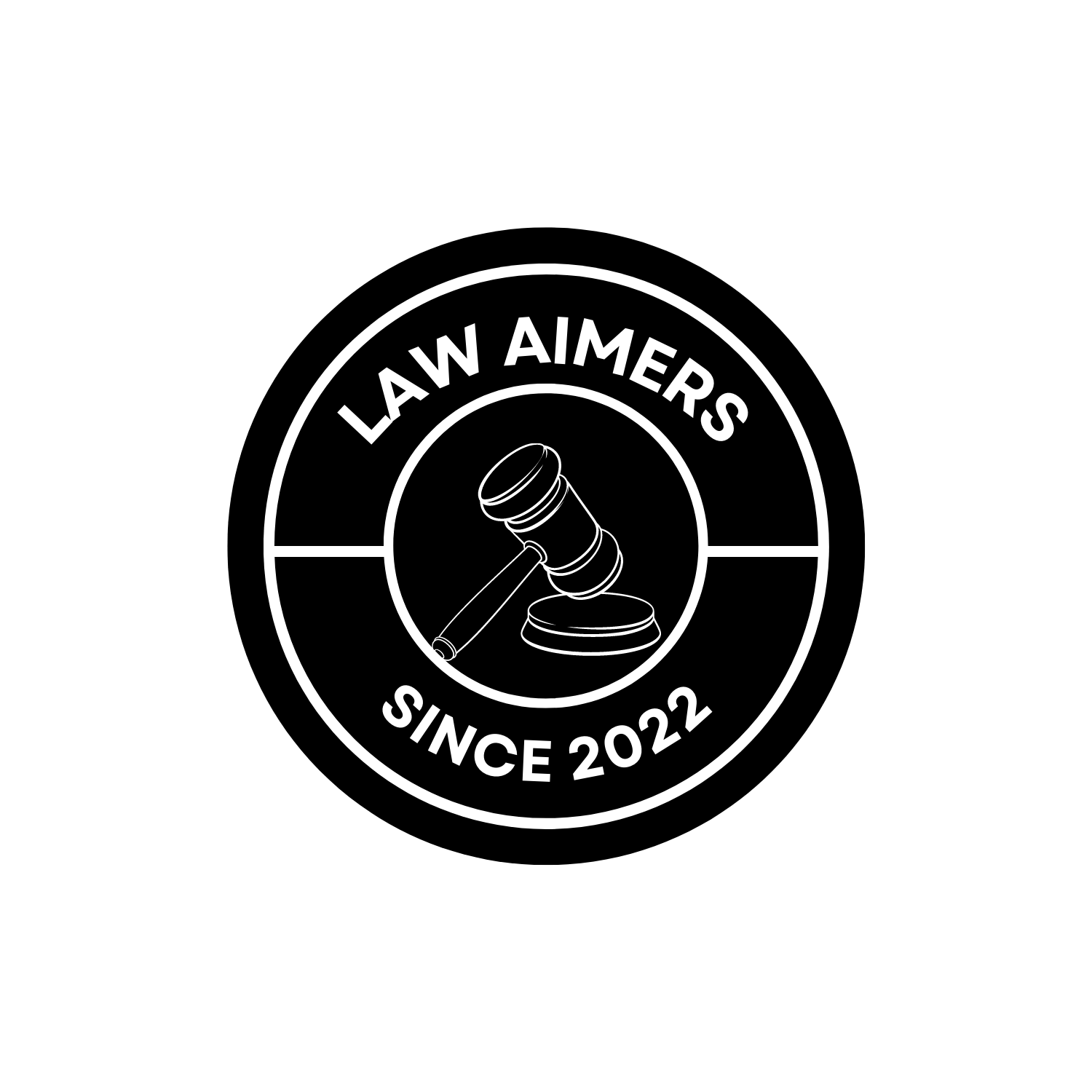When a witness has been asked and has answered any question which is relevant to the inquiry only in so far as it tends to shake his credit by injuring his character, no evidence shall be given to contradict him; but, if he answers falsely, he may after wards be charged with giving false evidence.
Exception 1.– If a witness is asked whether he has been previously convicted of any crime and denies it, evidence may be given of his previous conviction.
Exception 2.– If a witness is asked any question tending to impeach his impartiality and answers it by denying the facts suggested, he may be contradicted.
Illustrations
(a) A claim against an underwriter is resisted on the ground of fraud.
The claimant is asked whether, in a former transaction, he had not made a fraudulent claim. He denies it.
Evidence is offered to show that he did make such a claim.
The evidence is inadmissible
(b) A witness is asked whether he was not dismissed from a situation for dishonesty.
He denies it.
Evidence is offered to show that he was dismissed for dishonesty.
The evidence is not admissible.
(c) A affirms that on a certain day he saw B at Lahore.
A is asked whether he himself was not on that day at Calcutta. He denies it.
Evidence is offered to show that A was on that day at Calcutta.
The evidence is admissible, not as contradicting A on a fact which affects his credit, but as contradicting the alleged fact that B was seen on the day in question in Lahore.
In each of these cases the witness might, if his denial was false, be charged with giving false evidence.
(d) A is asked whether his family has not had a bloodfeud with the family of B against whom he gives evidence.
He denies it. He may be contradicted on the ground that the question tends to impeach his impartiality.





